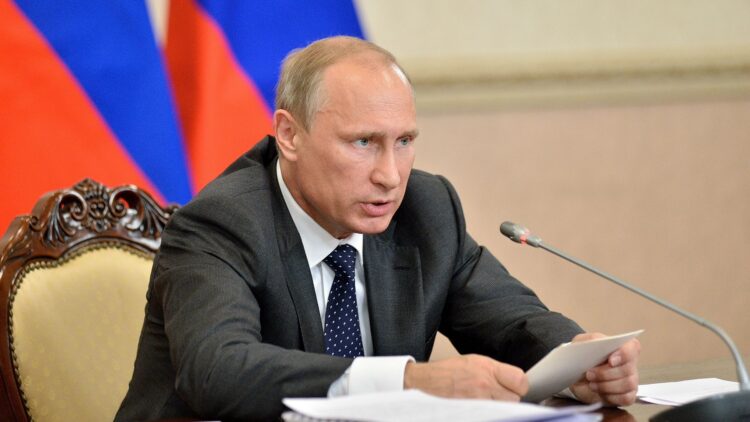This week, Chinese President Xi Jinping will welcome Russian President Vladimir Putin and Indian Prime Minister Narendra Modi to Tianjin for the Shanghai Cooperation Organization (SCO) summit. The gathering stands out not only as a key moment for regional diplomacy but also as a signal of unity at a time of heightened tensions with the United States.
SCO gains prominence as an alternative to Western influence
Founded in 2001, the Shanghai Cooperation Organization has become one of the most important political events outside the West. Today, it has ten permanent members and dozens of observer countries, covering strategic regions in Asia, the Middle East, and even Eastern Europe. The SCO represents a significant force composed of powers that often take a critical stance on US policies.
For international relations expert Eric Olander, the meeting serves as “an opportunity to showcase what a post-American-led international order begins to look like.”
Alongside Putin and Modi, Xi demonstrates that cooperation between emerging powers is the way to resist Western pressure, primarily caused by the tariff war initiated by Trump.
Symbol of unity weighs more than immediate results
Although the event won’t yield any practical decisions in the short term, casting doubt on its effectiveness, the mere image of a gathering of leaders from some of the world’s largest economies is enough to generate impact and increase geopolitical pressure. Meetings like the SCO and the BRICs have been a source of concern for Trump, generating immediate north American reactions, mainly in terms of trade and finance.
China, India and Russia use summit for their own interests
Not only a response to potential American actions, the event also serves as an opportunity for dialogue between China and India in the search for a truce after years of border friction. Although India maintains close relations with the United States, Modi signals that he does not want to shy away from Asian forums — especially when they offer space for negotiations.
For Putin, the meeting also presents itself as a welcome opportunity, particularly given Russia’s isolation resulting from the war with Ukraine. By meeting with representatives of nations still in dialogue with the Kremlin, the meeting brings a certain level of legitimacy to the country, enabling dialogue that leads to deeper partnerships.
Ultimately, this mix of different and specific interests for each nation — India seeking balance, Russia seeking visibility, and China asserting itself as a mediator — is yet another indication that the SCO is becoming an important space for negotiation and unity, and is therefore an essential event for understanding the direction of global politics.
Multipolarity establishes itself as a trend in the global order
What becomes clear at the summit is one of its objectives: to convey the message of an increasingly multipolar world. The idea that international power is concentrated solely within the Washington-Brussels-Tokyo axis is increasingly being questioned. Today, forums like the SCO and BRICS serve as means to help ensure the rise of new powers. For many countries in the Global South, these organizations offer alternatives for cooperation without the rigid conditions imposed by traditional Western institutions.
The presence of Xi, Putin, and Modi on the same stage is a powerful moment in itself. These countries, which are responsible for some of the world’s largest populations and are increasingly prominent in various fields, make the event a politically significant event, and a symbol that reinforces the message of a multipolar world with less concentration of power. In an attempt to reach an agreement on differences while simultaneously defending their own interests, the leaders seek to demonstrate that it is possible to articulate power outside the direct influence of the United States.


